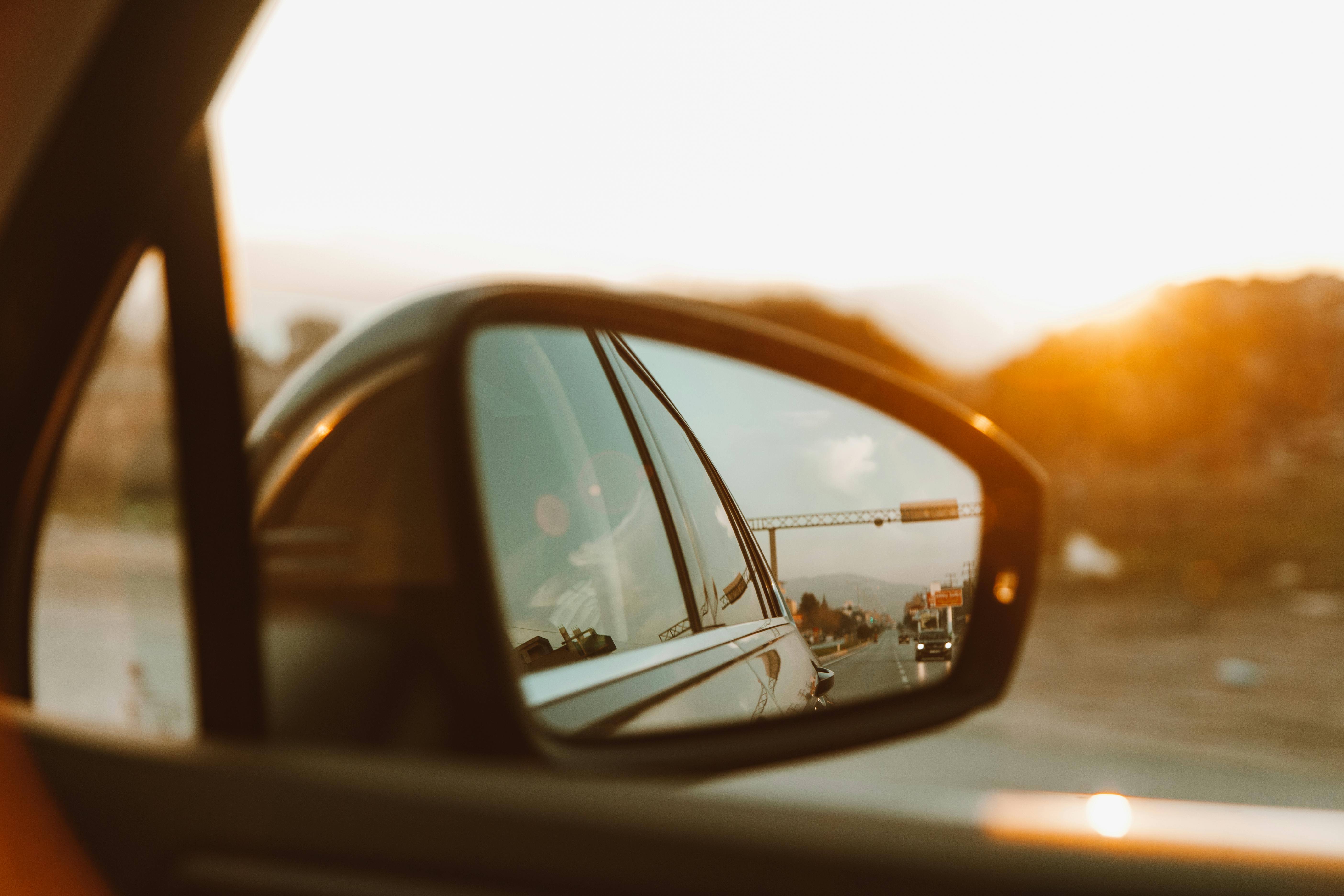Daytime sleepiness, balance in alcohol consumption and increased performance are reasons given by people who drink energy drinks. A quick recovery in the middle of the afternoon or on a long drive somewhere can help keep you alert until dinner time. Then comes bedtime and you regret your action. The stimulant can keep going longer than you expected and ruin a good night’s sleep, doing more to recharge your batteries naturally.
A typical 8-ounce energy drink provides 80 mg or more of caffeine and 25 g or more of sugar. This combination works at opposite ends of the energy spectrum, as sugar creates an insulin response and leads to weight gain. Meanwhile, caffeine is a stimulant and diuretic, which dehydrates you and creates a greater demand for more fluids.
The side effects of all this caffeine can be dangerous to your health, and should be avoided by children in particular. Young children do not have a well-developed metabolism that can effectively process high levels of caffeine and sugar. Short-term side effects may include increased anxiety, irritability, nervousness, or mood changes.
Kids who drink energy drinks that are high in caffeine and sugar tend to be more antagonistic and unfocused at school. When energy drinks were banned at a school in England, visits to the principal’s office dropped by almost 40 percent in the first month. Teachers report that the children’s academic performance has increased markedly as their behavior has improved.
Consuming large amounts of caffeine can also cause rapid heartbeat, seizures, and even death. Continued use of sugar-laden energy drinks increases the risk of type 2 diabetes. Psychological and emotional problems are also associated with long-term excessive consumption of energy drinks, including increased risk of depression, addiction, and alcohol dependence. Because energy drinks are typically consumed quickly, they are more likely to cause a caffeine overdose than strong coffee, which is typically consumed slowly over several minutes.
A popular mix among college kids and teens is energy drinks and alcohol. Energy drinks act as a stimulant, while alcohol is a depressant. The desire with this blend is to reduce the effect of alcohol by masking the intoxication and fatigue normally associated with alcohol consumption. Essentially, the body cannot detect when it has consumed enough or too much.
The drinker will feel alert, as if they are not drunk, but their blood alcohol levels may be dangerously high. The result is that people who drink this mix often drink much more than they would without the energy drink. To make matters worse, the combined effect of caffeine and alcohol is super dehydrating, creating a much bigger hangover the next day.
This yin and yang between stimulating and depressing puts your body in a very stressful condition. The effect is similar to an acute stress response when faced with sudden danger that causes organs to work overtime. Your heart, liver, brain, digestive tract, and kidneys are put to work and can protect themselves during the extended period that the chemicals are present.
The natural way to increase your energy stores and maximize your performance is to get adequate sleep, include physical activity in your daily routine, and eat a healthy diet. Stay away from energy drinks and please keep them away from your children.
